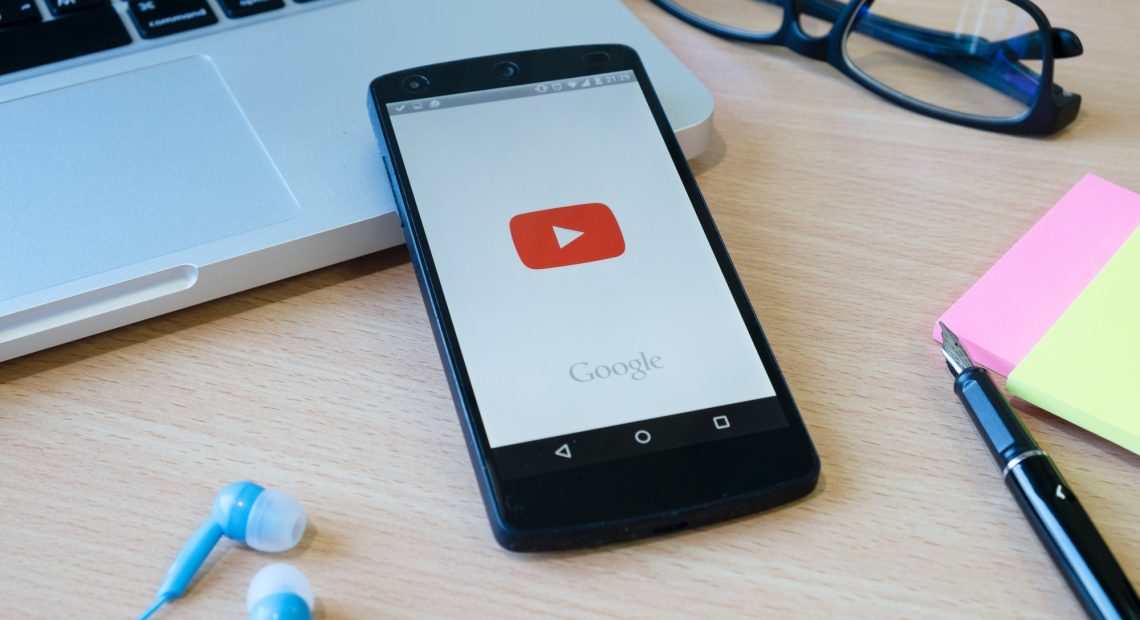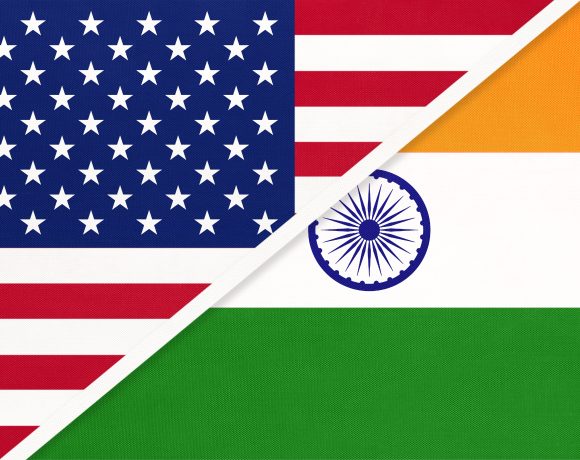
Australia Bans YouTube Accounts for Under-16s
Australia has officially extended its social media restrictions to include YouTube, banning children under 16 from creating personal accounts on the platform starting December 10, 2025. The decision aligns YouTube with platforms like TikTok, Instagram, Snapchat, Facebook, and X, which already face similar age limits in the country.
Harmful Content and Algorithm Concerns
The move comes after government research revealed that YouTube had the highest rate of exposure to harmful content among minors, with over a third reporting negative experiences. Officials stated that although YouTube is traditionally a video-sharing platform, its algorithmic feeds, comment sections, and social interaction features classify it as a social media environment.
Viewing Allowed, Accounts Restricted
While underage users will be prohibited from uploading content, commenting, or maintaining accounts, they will still be able to view public videos without logging in. The YouTube Kids app, designed for younger audiences with filtered content, will remain accessible and is not subject to the new ban.
Enforcement and Penalties
Companies that fail to comply could face fines of up to A$50 million. While platforms must implement reasonable systems to prevent account creation by underage users, the government clarified that children and parents will not face penalties for accessing content. The onus remains entirely on service providers to enforce the rules.
Government’s Global Push
Prime Minister Anthony Albanese said the policy aims to protect children from manipulative algorithms and digital harm. He also announced that Australia will push for similar regulations at the upcoming United Nations summit on digital safety in September.
YouTube Opposes the Ban
YouTube has pushed back against the decision, arguing that it operates as a content-hosting platform rather than a social media network. The company expressed concerns about being unfairly grouped with platforms that rely heavily on peer-to-peer interaction and hinted at possible legal opposition.


















